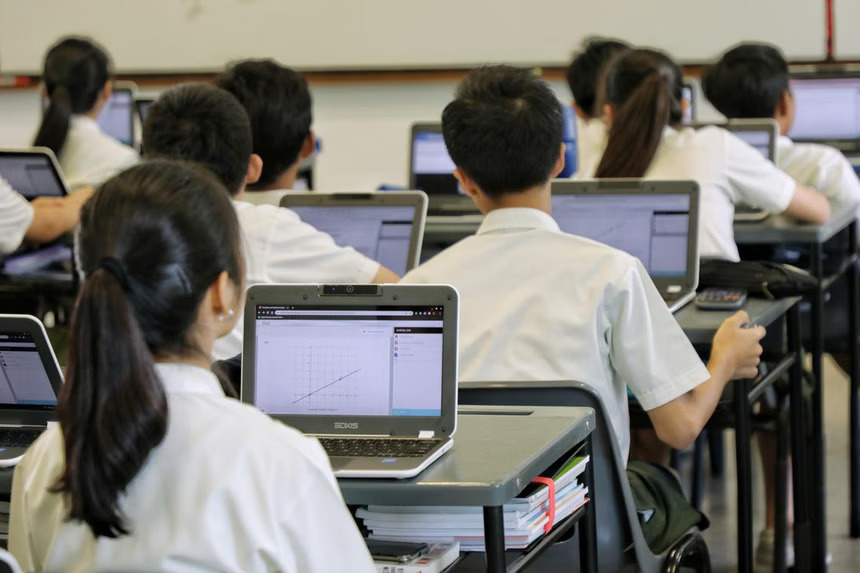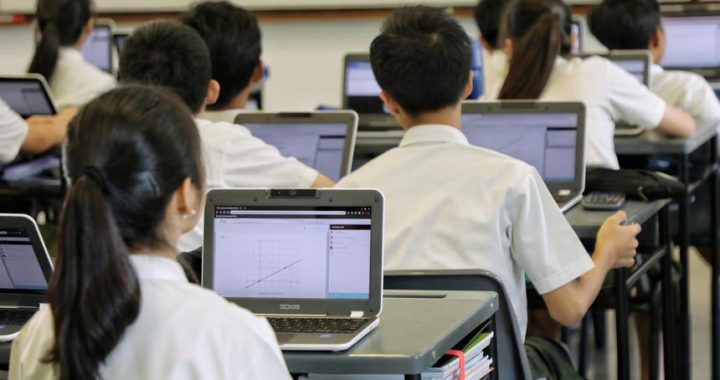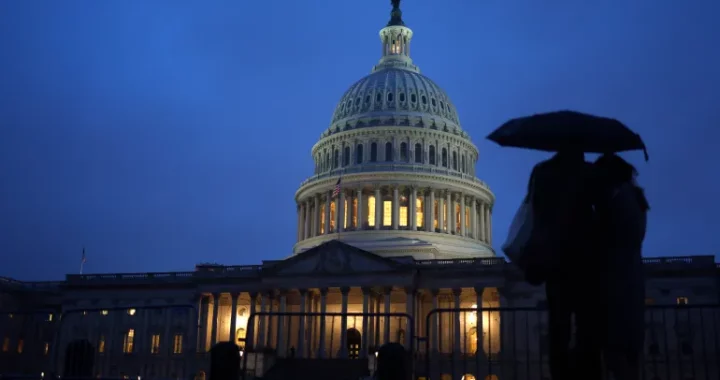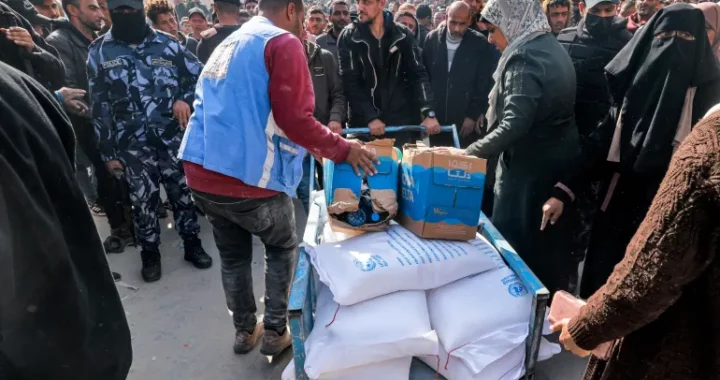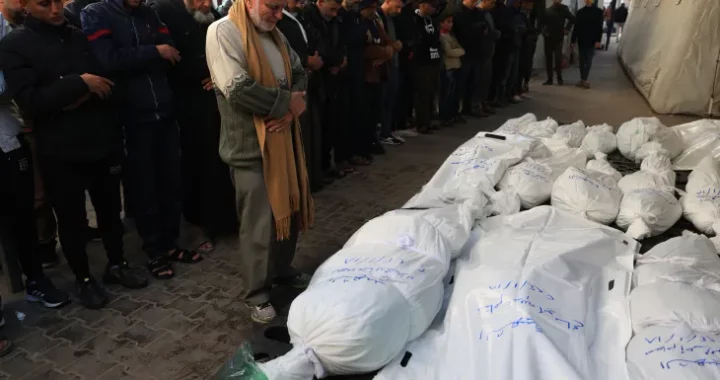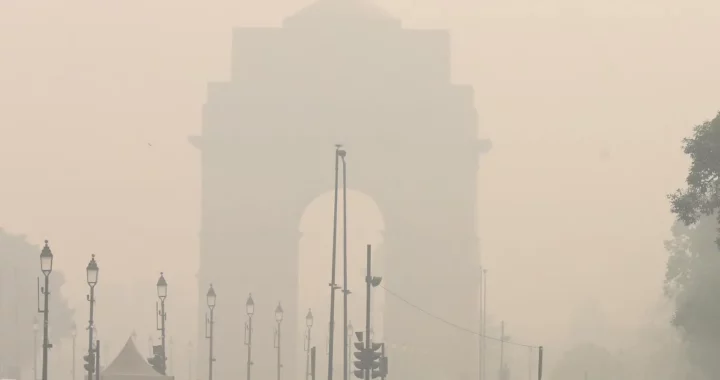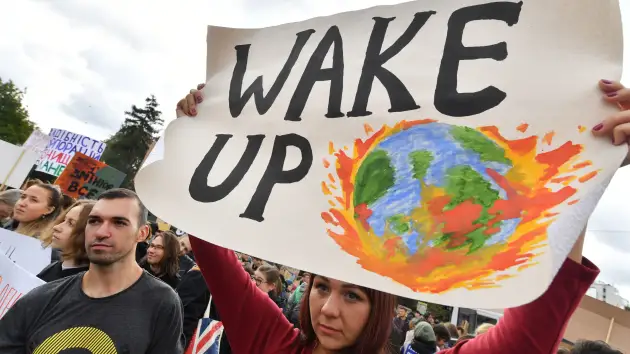
Navigating Individual Responsibility: Exploring the Role of the Civilian in Global Issues
In the current landscape, there is a prevailing norm urging individuals to take action on global issues, from humanitarian crises to wealth inequality. But how effective is this current approach? For individual action to yield results, the solution may lie with collective activism, where the individual takes on a new role — one that is revitalised and realising of their potential.

 SAS Forum’s Freedom of Speech and Media Regulation: Through the Lens of International Affairs Society’s Gazette
SAS Forum’s Freedom of Speech and Media Regulation: Through the Lens of International Affairs Society’s Gazette  Jackpot: The Capitalist World and Casual Gambling
Jackpot: The Capitalist World and Casual Gambling 